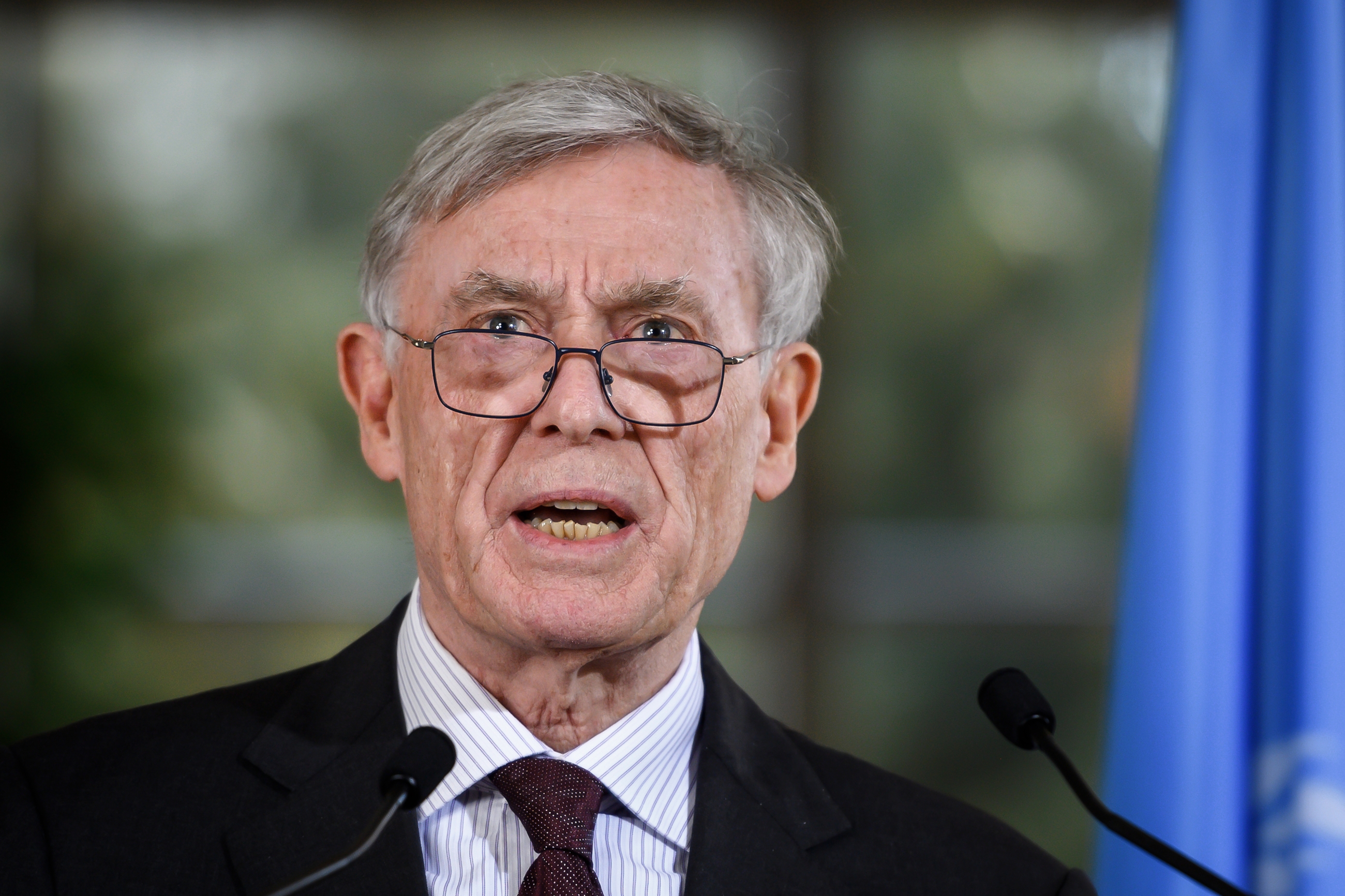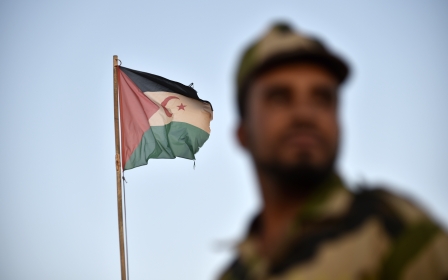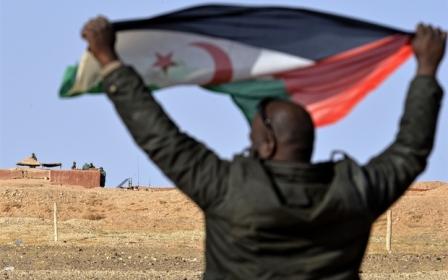UN's Western Sahara envoy left post because of 'political pressure' claims Polisario official

The United Nations envoy in charge of spearheading the Western Sahara peace process left his post because of political pressure, not health concerns alone, a senior Polisario official has claimed.
Horst Kohler, 76, informed UN Secretary-General Antonio Guterres of his resignation in a phone call on Wednesday, citing health concerns.
During his two-year tenure as personal envoy of the secretary-general for Western Sahara, Kohler, a former German president, oversaw two rounds of peace talks in Geneva, bringing together Morocco and the Polisario Front for the first time in six years.
He described their positions as “fundamentally diverging” after the second round of talks in March, though the parties, which also include Algeria and Mauritania, agreed to a third round this summer.
A senior Polisario official, however, said there were “other factors” that could have led to his resignation, referring to political pressure brought to bear on Kohler-led peace negotiations.
“There were other factors that I think led him to resign,” said Mohammed Khadad. “First, his health but also the Moroccan approach to the peace negotiations. Most importantly, France’s pressure at the United Nations Security Council.”
Khadad, who lauded Kohler as a “transparent mediator”, said the German “had much to contribute” but “did not want to be instrumentalised in a dirty plan.”
Western Sahara remains one of Africa’s most intractable and longest-running territorial disputes, pitting the Kingdom of Morocco against the Polisario Front, a national liberation movement representing the indigenous Sahrawi people.
Morocco, which annexed the territory after Spain withdrew from its former colony in 1975, considers the territory its “Southern Provinces”. The Polisario Front has demanded a referendum, but Morocco has rejected this, proposing autonomy instead.
Polisario fought a war with Morocco from 1975 to 1991, when a ceasefire deal was agreed and the UN deployed a mission - MINURSO - to monitor the truce and arrange a referendum that has yet to take place.
The contested territory is rich in phosphates, and fish-bearing waters lie off its Atlantic coast.
A statement from Morocco’s Ministry of Foreign Affairs noted Kohler’s resignation with “regret”, and paid tribute to his “constancy, availability and professionalism.”
Morocco reiterated “its support for the efforts of the UN Secretary-General to settle the regional dispute over the Moroccan Sahara.”
But the resignation has prompted fears that the talks could now lose momentum. Nour Bakr from the International Diplomat NGO voiced concerns over progress with the talks after Kohler's departure.
“The concern is that the renewed momentum Kohler injected into a previously stalled peace process will be lost,” Bakr, whose NGO also advises the Polisario Front on the UN peace talks, said.
“It will be up to the UN Secretary-General and the member states to ensure this doesn’t happen.”
Bakr added that talks had "admittedly been slow” but that “under the right conditions a new UN envoy could make genuine progress in building trust between the parties.”
In recent months Washington has been taking a keen interest in the peace process, owing in part to National Security Adviser John Bolton, who worked as an assistant to James Baker, a former UN envoy to the peacekeeping mission.
Acknowledging this, Bakr notes: “The US remains invested in the peace process, so their response to Kohler’s resignation could fundamentally shape the way forward.”
Last month MEE reported that Kohler had come under pressure from Washington to persuade Polisario to agree to the Morocco Autonomy Plan.
“Kohler told them [Polisario] that independence is off the table. Take this plan and sell it to your people,” the source said.
The Polisario Front pushed back, telling Kohler that this was a “red line” - the Sahrawi people would never accept this.
The US came under fire in April after it was accused by South Africa of favouring Morocco during a meeting of the Security Council to renew the MINURSO peacekeeping mandate.
Ambassador Jerry Matjila said the mandate, which was authored by Washington, “tends to favour one party over the other, which is not conducive to a neutral political process.”
“This is again an example of an African issue being decided by those that are not from the continent,” he added.
Additional reporting by Habibullah Mohamed Lamin
Middle East Eye delivers independent and unrivalled coverage and analysis of the Middle East, North Africa and beyond. To learn more about republishing this content and the associated fees, please fill out this form. More about MEE can be found here.




